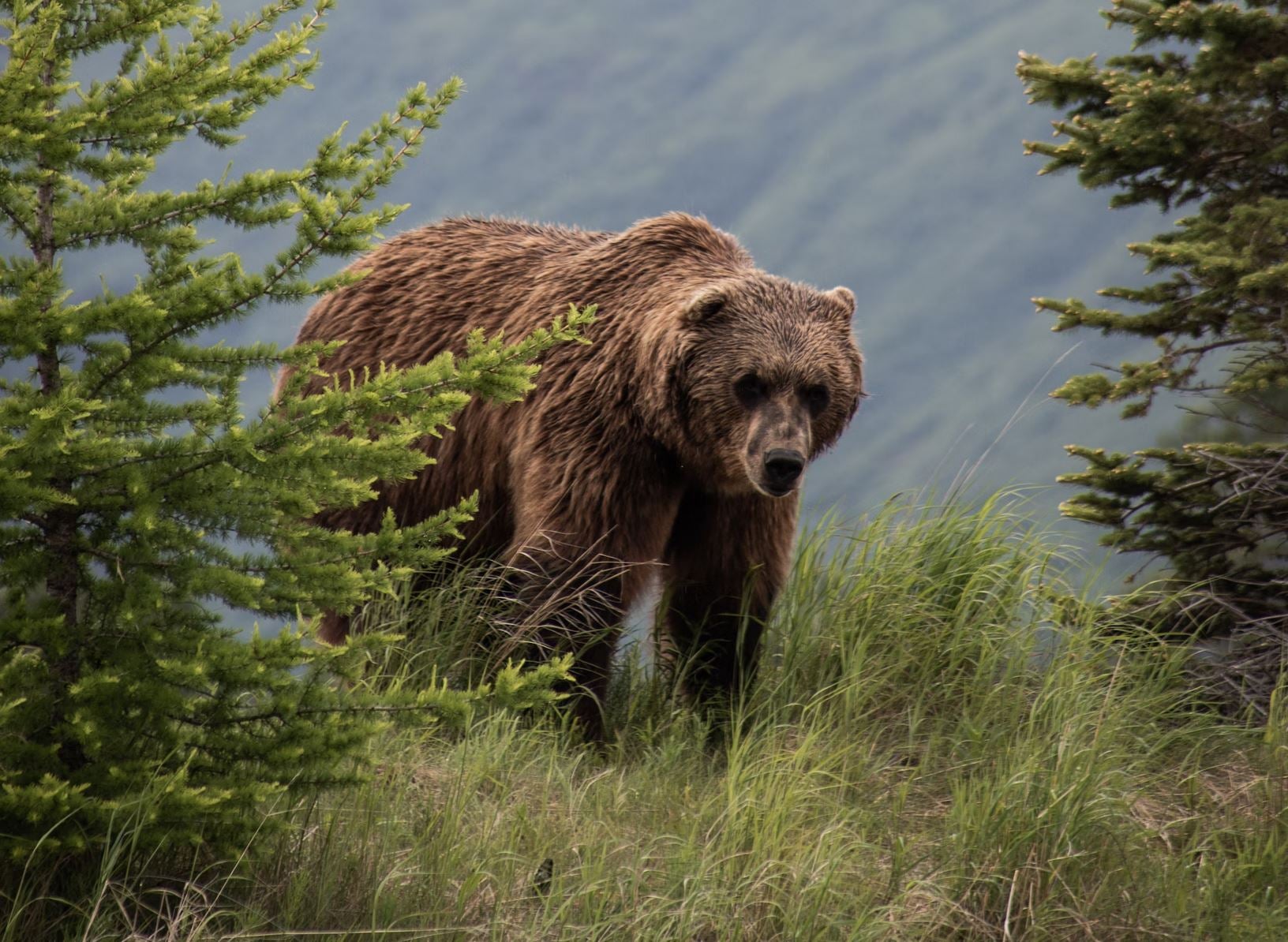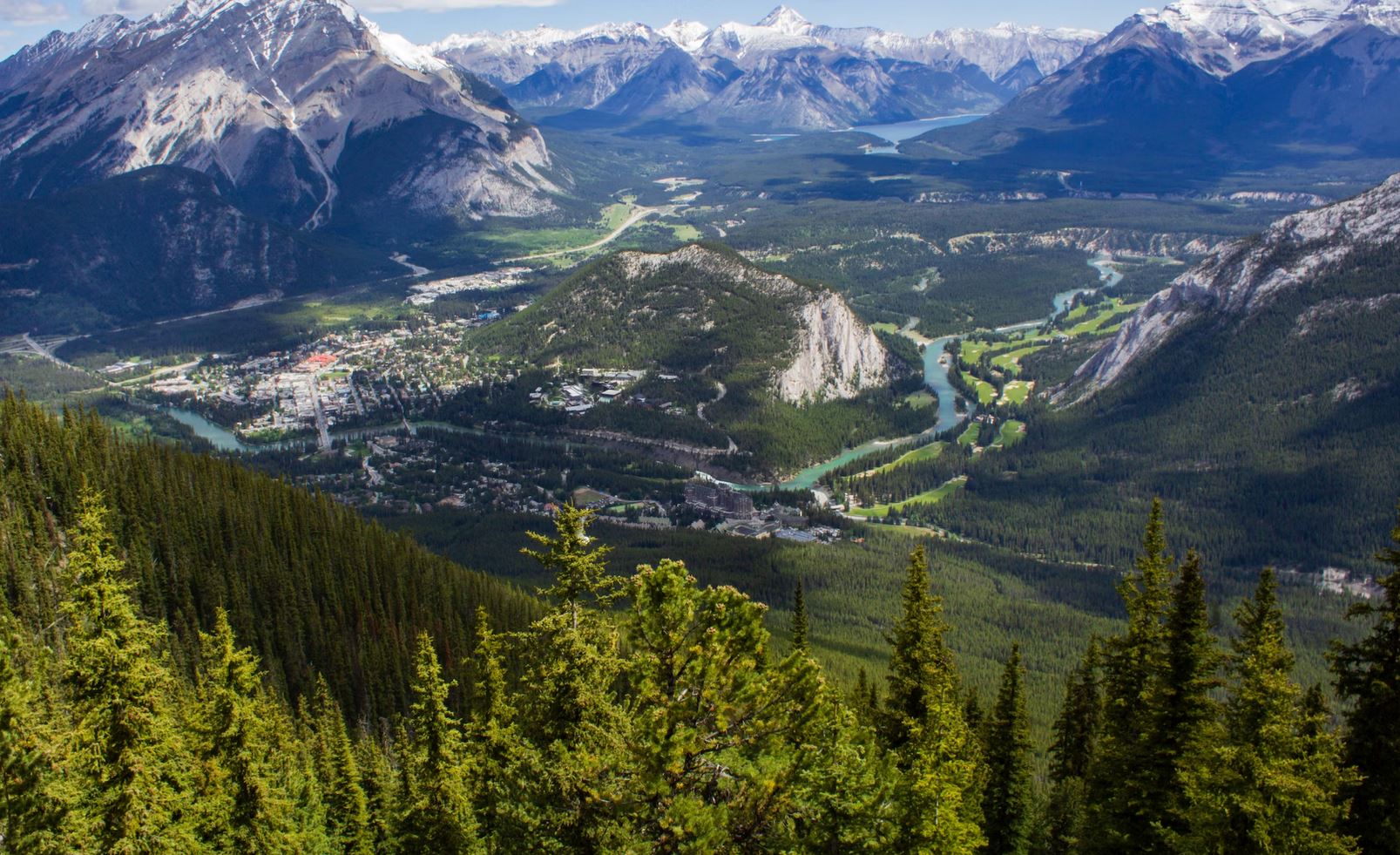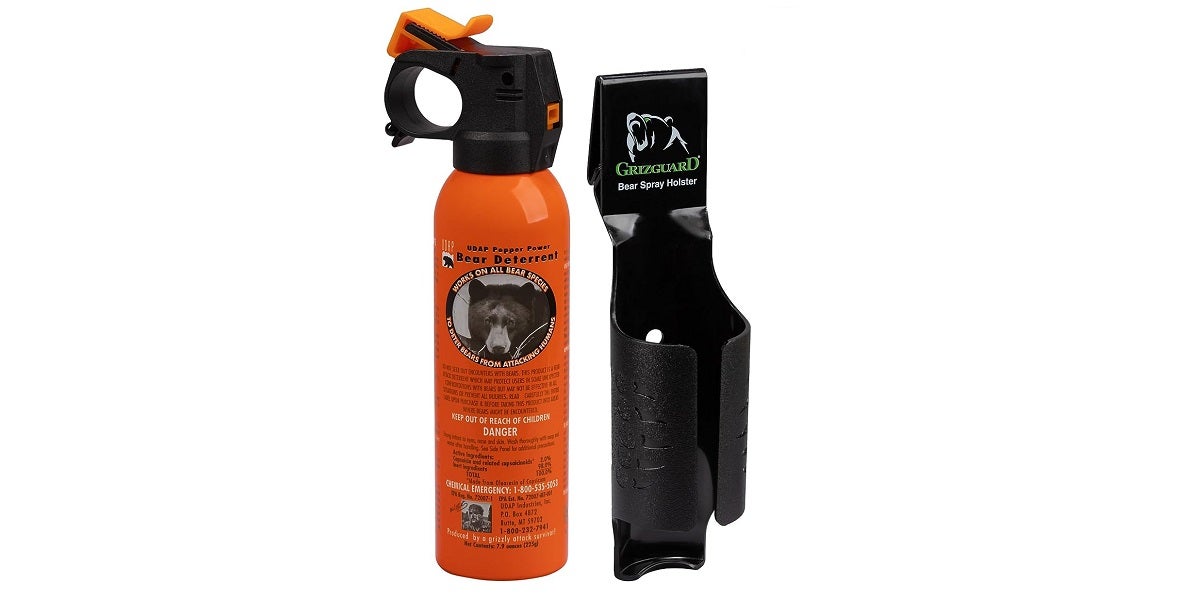Grizzly Bear Kills 2 in National Park – What Should You Do After an Attack?
Travis Olander 10.05.23

Two campers are dead are after a Grizzly bear attacked overnight in Canada’s Banff National Park, according to park officials. At about 8 P.M. on Friday, September 29, 2023, Parks Canada Dispatch received an alert about a bear attack on their GPS system, officials said. The alert was sent from the Red Deer River Valley inside the park. The Dispatch’s Human Attack Response Team was sent to the location indicated by GPS. Inclement weather prevented a helicopter response, so rescue personnel traveled on foot and arrived at the location around 1 A.M. Saturday.
Bear Coverage on AllOutdoor
- Bears Beware! Smith & Wesson Performance Center M&P 10mm M2.0
- New York State releases bear harvest numbers for 2022
- Wyoming To Petition For Delisting of Grizzly Bears
- Missouri Department of Conservation Approves 2021 Black Bear Hunt
They found two deceased people and an aggressive Grizzly. Parks Canada staff euthanized the bear at the scene “to ensure public safety,” and Royal Canadian Mounted Police arrived later to help transport the victims. A statement released by Banff National Park on social media said, “This is a tragic incident, and Parks Canada wishes to express its sincere condolences to the families and friends of the victims.”

The two deaths in Canada follow another fatal bear attack in Yellowstone National Park in late July, 2023. A woman was found dead on a hiking trail, with evidence of mauling and grizzly bear tracks found near the woman’s body. Park Rangers were unable to locate the bear and a search was eventually called off.
The American continent’s Grizzly population is booming. There are estimated to be close to 1,000 Grizzlies in and around Yellowstone alone – more than quadruple the number that existed when Grizzlies were added to the Endangered Species List. Each year, more people visit national parks, and camp and hike wilderness that is home to black and brown bears. We’ve covered how to handle a bear encounter in depth. But what should you do if a bear encounter turns into a potentially fatal attack? In our previous guide, we’ve made it clear that you should always stand your ground, no matter the species of bear – attempting to run will only encourage a predatory response, which could end up with you being mauled.
Fight back? Or Play dead? It depends.
If you’re attacked by a black bear, you should always fight back. Adult black bears are notably smaller than brown bears, and a typical adult human stands a fighting chance. But if you’re attacked by a Grizzly, you should make every effort to protect vital organs by laying face-down and, most importantly, play dead. Grizzly attacks aren’t motivated by hunger. Most brown bears attack humans because they perceive us as a threat. When a Grizzly perceives a threat to be eliminated, it will stop attacking.
Bring the right gear.
Sadly, the two people killed in Canada weren’t reached quickly — but they did the right thing by bringing a life-saving piece of gear: A personal locator beacon. Specifically, a Garmin inReach Satellite Communicator.

These SOS devices can directly ping search and rescue monitors while also broadcasting your precise location for a quick rescue. If you’re critically wounded by a bear attack and cannot self-rescue, one of these little beacons could save your life. A canister of spray is another life-saving piece of kit you should bring on every outdoor excursion into bear country. In 2019, a 17-year-old was able to fend off a Grizzly while hiking in Montana using bear spray, likely saving his own life.

SABRE, Mace, and UDAP all make proven, effective bear spray canisters. Invest in one and keep it easily accessible at all times. Lastly, buy a tourniquet, and learn how to apply one properly. Even if you’re not venturing into bear country, having a tourniquet in your pack could help prevent life-threatening blood loss from a bad bone break or injury while you’re in the sticks.
Record contact info before your trip.
The U.S National Park Service says to always report any bear encounter when you’re hiking, camping, or visiting a state or national park. Before you embark on a trip into the wilderness, always record your local park ranger, forest service, and law enforcement contact information. Even if you don’t have a personal locator beacon or GPS rescue device, having a simple phone number on hand for contacting the right authorities could save your life after an attack. It’s also good practice to note the coordinates of your start and end points. This will significantly increase your chances of successful rescue, should SAR personnel need to locate you without GPS.